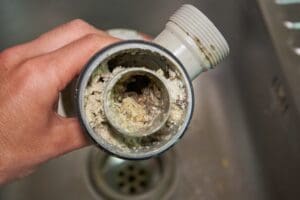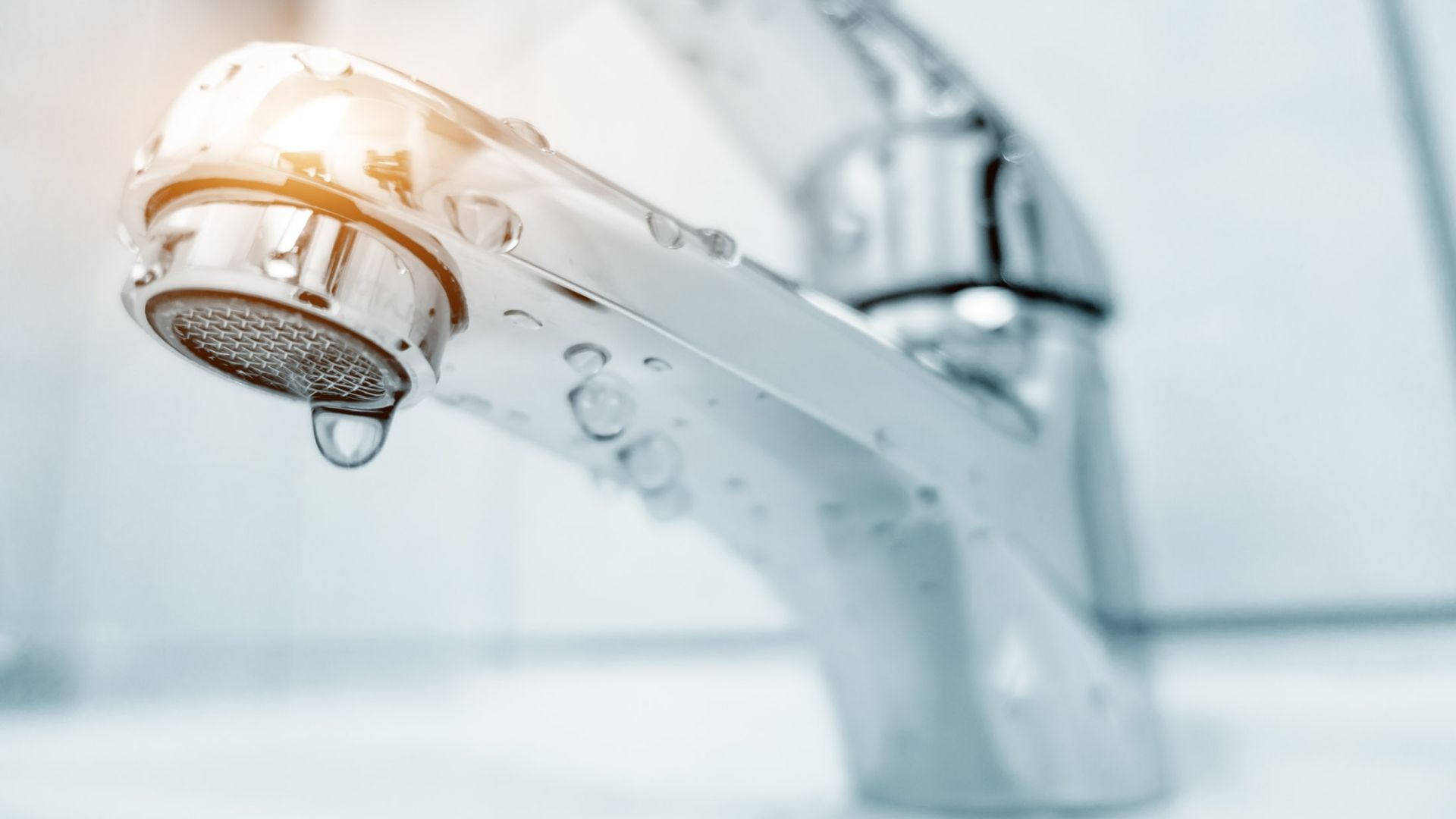Helpful Strategies for Overcoming Low Water Pressure in Your Home
Helpful Strategies for Overcoming Low Water Pressure in Your Home
Blog Article
Are you currently trying to locate answers concerning 4 Ways to Troubleshoot Low Water Pressure?

Low water pressure in your home can be an irritating trouble, impacting every little thing from showering to washing meals. If you're experiencing weak water flow, there are a number of possible causes and solutions to check out. In this guide, we'll talk about typical factors for low water stress and useful steps to resolve the issue successfully.
Intro to Low Water Stress
Low tide stress takes place when the flow of water from your taps, showers, and other fixtures is weaker than usual. This can make everyday jobs a lot more difficult and much less reliable. Comprehending the root causes of low water stress is vital to discovering the best option.
Usual Reasons For Low Water Stress
Faulty Pressure Regulatory Authorities
Stress regulatory authorities are responsible for maintaining consistent water stress in your home. If they malfunction, it can cause low water stress or unequal flow throughout your home.
Local Water System Issues
Sometimes, the trouble exists outside your home. Municipal water problems, such as main line leaks or upkeep work, can briefly reduce water stress in your area.
Pipe Obstructions
In time, pipelines can end up being blocked with mineral deposits, sediment, or particles, restricting the circulation of water. This is an usual concern in older homes with galvanized steel pipes.
Corrosion
Deterioration within pipelines can lead to leaks and minimized water pressure. Corrosion buildup can tighten water circulation, especially in maturing plumbing systems.
How to Detect Low Tide Stress
Inspecting Pipes
Examine visible pipes for indications of leaks, corrosion, or blockages. Take notice of any type of unusual noises, such as knocking or rattling pipelines, which might indicate problems within the plumbing system.
Consulting with a Plumber
If you're unable to pinpoint the root cause of low water stress, consider hiring an expert plumber to carry out a thorough examination. They can determine underlying issues and suggest suitable options.
Inspecting Faucets and Fixtures
Beginning by evaluating the water stress at various faucets and components throughout your home. If the problem is isolated to specific areas, it may suggest local issues.
Do It Yourself Solutions to Repair Low Tide Stress
Flushing Water Heater
Sediment buildup in the water heater can limit flow and reduce efficiency. Flushing the container periodically helps get rid of sediment and keep optimal efficiency.
Examining Pressure Regulatory Authority
Guarantee that the stress regulatory authority is operating correctly. Readjusting or changing the regulator can aid recover appropriate water stress throughout your home.
Cleansing Aerators and Showerheads
Mineral deposits can build up in aerators and showerheads, lowering water flow. Get rid of and clean these elements consistently to enhance water pressure.
Clearing Clogs in Water Lines
For minor clogs, attempt utilizing a plumbing snake or chemical drainpipe cleaner to clear blockages in pipelines. Beware when using chemicals and comply with safety standards.
When to Call a Specialist Plumber
If do it yourself efforts stop working to fix the concern or if you suspect considerable plumbing problems, it's ideal to seek support from a licensed plumber. They have the knowledge and tools to resolve complex problems securely and properly.
Safety Nets to Preserve Water Stress
Mounting a Pressure Booster
Take into consideration setting up a pressure booster pump to improve water pressure in locations with continually reduced circulation. This can be specifically helpful for multi-story homes or buildings with high-demand fixtures.
Surveillance Water Use
Be mindful of water usage behaviors and stay clear of ill-using the plumbing system. Basic modifications, such as astonishing showers and laundry lots, can aid preserve adequate water pressure.
Routine Maintenance
Arrange routine maintenance for your plumbing system to prevent problems such as rust, leakages, and obstructions. Dealing with minor problems early can assist avoid even more considerable repairs later on.
Verdict
Dealing with low tide pressure can be discouraging, but determining the underlying reasons and implementing suitable options can restore optimum flow throughout your home. Whether it's cleaning up aerators, inspecting pipelines, or talking to a plumber, taking positive steps can guarantee a stable supply of water for your everyday needs.
How to Fix Low Water Pressure In Your Home
Municipal Water Supply Issues
Scheduled maintenance, high demand, and water main breaks are all potential causes for low water pressure within a city or county’s water lines. While there’s not much you can do to personally fix a problem with your city or county’s water supply system, you can play a big role in documenting the issue and alerting those who can.
How to fix it:
Ask your neighbors if they are experiencing any issues with low water pressure. If multiple homes are affected, it’s likely related to the city’s water line. Contact the local Water Authority to see if there is any maintenance taking place that might be affecting your supply. Also let them know of your specific issues. If other homeowners report the same issues, they’ll know that there could be a larger issue to look into. Faulty Fixtures
A damaged or clogged shower head, faucet or appliance is the first thing we’d suggest checking, especially if low water pressure appears to be isolated to a specific area of your home.
How to fix it:
First, turn off the main water supply to your home. Check the affected appliances for build-up or debris. In the case of a faucet, you can simply unscrew the aerator at the tip of the faucet. Showerheads should be fully detached from the water pipe. While the appliances are detached, you may want to check the water supply to determine if the fixtures were in fact the issue. To clean, soak the showerhead or aerator in vinegar and brush off any visible debris. Reattach the fixtures and check the water pressure again. If it is still low, there is likely a deeper issue at hand, which can be determined by a professional plumber. Pipe Obstructions
Mineral deposits, rust or other debris within water pipes can lead to blockages or corrosion over time.
How to fix it:
When you think of a clog, you probably think of a drain clog. While there are many DIY solutions to clearing a drain, clogs in a water pipe will almost always require the help of a professional plumber. A plumber will be able to locate the affected pipe and clean out any debris or mineral deposit buildup. In severe cases, the pipe may need to be replaced. Your plumber might also recommend a water softening system to remove the minerals from your home’s water supply that can contribute to pipe blockages over time.
Plumbing Leak
Undetected water line leaks can divert water away from your residential pipes, reducing the water pressure in your fixtures.
How to fix it:
Check your water meter by turning off all water sources and monitoring the meter for any movement, which could be a clear indicator of a potential leak. Check all visible pipes for signs of leaking, including water stains, active dripping or damp spots around the pipe. Inspect fixtures, including faucets and showerheads, for any drips. Test the pressure but recording the pressure with the main water valve shut off. Leave off for a few hours and test again. A significant drop in pressure is a clear sign of a leak. https://kiddcoplumbing.com/plumbing-blog/how-to-fix-low-water-pressure/

I'm very involved in 9 Reasons for Low Water Pressure in Your House and I am hoping you enjoyed my entry. Do you know about another individual who is truly interested in the subject? Be sure promote it. I take joy in your readership.
More Details Report this page